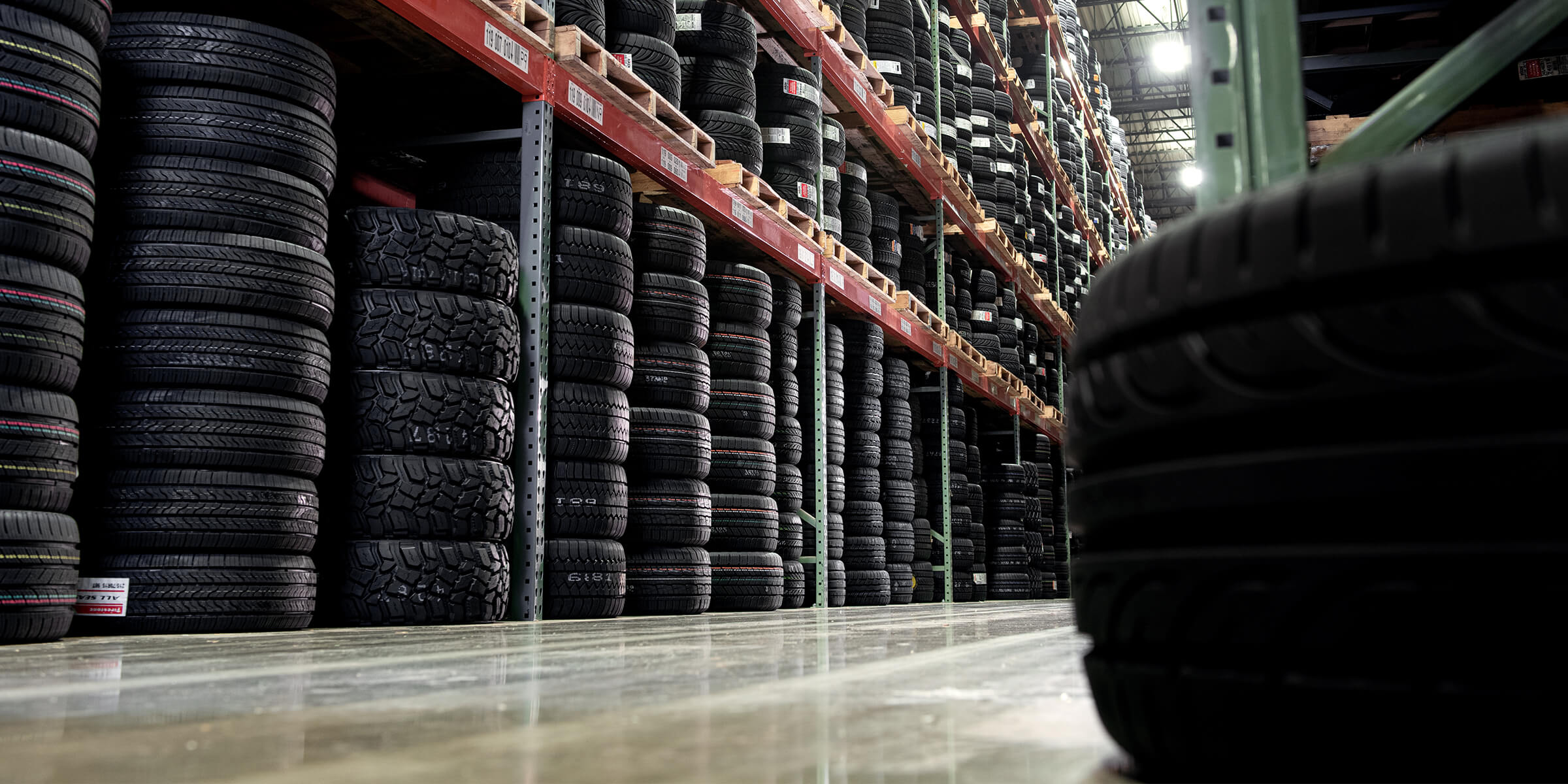Trust Fund Morris Tire and Alignment for Specialist Service and Treatment
Tire Service: Understanding Tire Stress Tracking Solutions
Comprehending Tire Pressure Tracking Solutions (TPMS) is an important element of keeping optimum lorry efficiency and safety and security on the roadway. With improvements in auto modern technology, TPMS has actually ended up being a common feature in contemporary cars, offering real-time info on tire pressure levels.

Value of TPMS
The significance of Tire Pressure Monitoring Equipments (TPMS) exists in their capacity to boost lorry safety and security and efficiency through real-time monitoring of tire stress degrees. Preserving the appropriate tire pressure is critical for making certain ideal handling, stopping, and overall safety and security of a lorry. TPMS supplies chauffeurs with immediate feedback on any kind of underinflated or overinflated tires, enabling prompt modifications to be made.
Parts of TPMS
Comprising different essential aspects, a Tire Pressure Tracking System (TPMS) operates as a sophisticated safety function in modern automobiles. The major parts of a TPMS include sensors, a control module, and a caution sign. Sensing units are typically located in the tire valve stem or connected to the wheel setting up, where they gauge tire stress and send information to the control component. The control module procedures this info and triggers a warning if it discovers dramatically reduced stress in any of the tires. The warning sign, commonly a symbol on the control panel, alerts the motorist to check the affected tire or tires. Some progressed TPMS versions likewise show the actual tire pressure readings for each tire, providing vehicle drivers with real-time details to ensure optimum tire efficiency and safety and security. By checking tire pressure continuously, TPMS assists avoid accidents, lowers tire wear, and boosts fuel efficiency, making it an important component for vehicle safety and security and efficiency.
Sorts Of TPMS

On the other hand, indirect TPMS relies upon the lorry's wheel speed sensors to monitor tire pressure. This system discovers underinflation by contrasting the rotational rates of the wheels. Indirect TPMS is much less pricey than straight TPMS, as it makes use of existing sensors within the automobile.
While direct TPMS uses much more precise readings, indirect TPMS is less complex in layout and normally calls for less maintenance. Both systems have their benefits and constraints, and the selection in between them commonly relies on aspects such as cost, lorry make, and individual choice. Comprehending the differences between these two types of TPMS can help vehicle proprietors make educated decisions relating to tire upkeep and safety.
TPMS Maintenance Tips
Efficient upkeep of TPMS is crucial for making certain optimum efficiency and security of your vehicle. Frequently examining the TPMS sensing units for any damages or rust is important. Guarantee that the sensing units are clean and totally free from debris that can conflict with their performance. In addition, check here it is recommended to check the sensing unit batteries periodically and change them as required to ensure accurate analyses. Conduct routine examine the tire stress degrees and contrast them with the TPMS analyses to ensure they are constant. If there are any disparities, alter the system complying with the manufacturer's standards. In addition, during tire turning or replacement, make certain that the TPMS parts are handled meticulously to avoid any kind of potential damage. Lastly, if the TPMS alerting light brightens on the dashboard, address the problem without delay by checking the tire pressures and the general system for any kind of faults. By sticking to these upkeep tips, you can extend the life-span of your TPMS and enhance the safety of your driving experience.
Benefits of Proper Tire Stress
Keeping correct tire stress, as stressed in TPMS Upkeep Tips, is vital for reaping the various benefits related to optimum tire stress levels. One of the primary benefits of preserving the right tire pressure is enhanced fuel effectiveness. When tires are appropriately pumped up, there is less moving resistance, bring about much better fuel economic climate. Additionally, correct tire stress makes sure even tire wear, expanding the life-span of the tires and promoting safer driving conditions. With the best tire stress, vehicles also have far better handling and traction, specifically in link negative weather. This can enhance general driving efficiency and security for the driver and guests. Furthermore, maintaining ideal tire pressure can add to a smoother and much more comfy adventure by reducing resonances and noise triggered by underinflated tires. In conclusion, the benefits of correct tire pressure surpass just tire durability; they incorporate improved gas efficiency, improved safety and security, much better car performance, and general driving convenience.
Conclusion
Finally, comprehending tire stress surveillance systems (TPMS) is crucial for maintaining optimal tire stress and guaranteeing automobile safety and security. By identifying the relevance of TPMS, recognizing with its components, understanding the various kinds readily available, sticking to appropriate upkeep tips, and understanding the advantages of keeping correct tire stress, vehicle drivers can enhance their driving experience and extend the life expectancy of their tires. Appropriate tire pressure is essential to safe and efficient lorry procedure.
